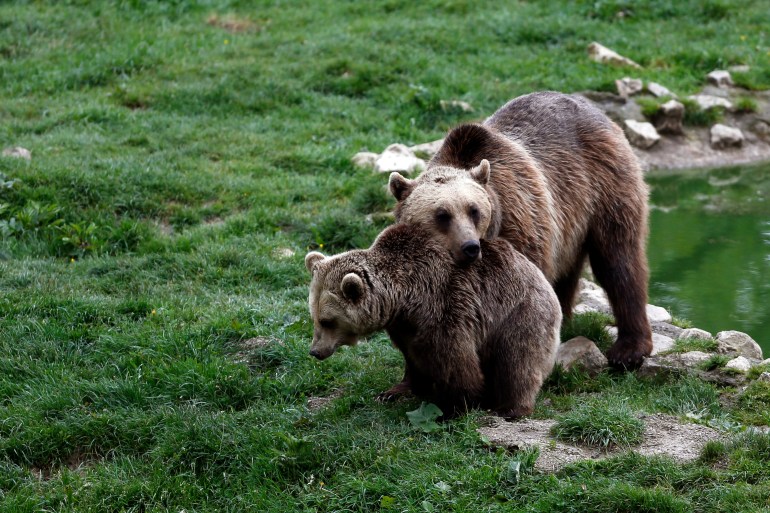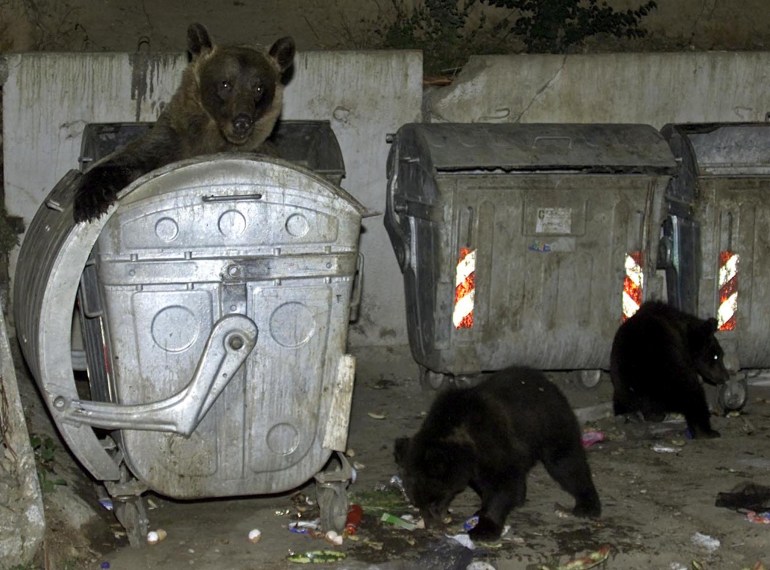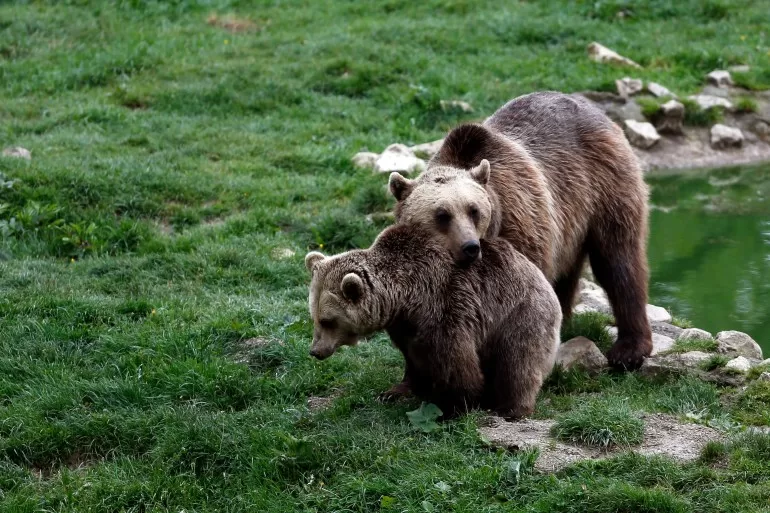New law authorises the killing of 481 bears in 2024, more than twice last year’s total of 220, amid outcry after deadly attack on 19-year-old hiker.
Romania’s government has more than doubled the number of bears that park rangers can legally kill, approving the culling of almost 500 bears this year following a deadly attack on a hiker that caused a nationwide outcry.
The law adopted on Monday in an emergency meeting of parliament authorises the culling of 481 bears in a bid to control “overpopulation” in the protected species, a figure that is more than twice last year’s total of 220 bears culled.
As well as adopting the new legislation, the parliament held a moment of silence in memory of the 19-year-old hiker who was mauled to death last week on a popular trail in Romania’s Carpathian Mountains.
Romania’s Prime Minister Marcel Ciolacu had summoned lawmakers back from their summer recess to attend the emergency session of parliament.
Bears have killed 26 people and severely injured 274 others over the last 20 years in Romania, according to the country’s environment ministry. The ministry estimates there are up to 8,000 bears in the country, which has Europe’s largest population of brown bears outside Russia.

Environmental groups denounced the new measure.
Wildlife experts say the animals that cause problems – dubbed “trash-bin bears” in Romania – will continue to scavenge in cities as urban sprawl eats into their natural habitat, and as climate change limits their food sources.
World Wildlife Fund (WWF) biologist Calin Ardelean told the AFP news agency that “the law solves absolutely nothing”, arguing that the focus should be shifted towards “prevention and intervention”.
According to WWF, the increased cull will not solve the problem in Romania unless measures are put in place to keep bears away from communities, waste management is improved and people are prevented from feeding the bears.

Foundation Conservation Carpathia, a private conservation group, said “the number of problem bears and the damages they cause fluctuates yearly and is not directly proportional to the rise in bear density”.
“Unfortunately, nobody knows the exact population of bears in Romania nor how many specimens the habitat can take,” the group added.
With hundreds of bear sightings each year, authorities in Romania are struggling to keep residents and tourists in mountain towns safe from the animals.
Bears approaching cars on mountain roads seeking food or scavenging through rubbish cans are common occurrences. Local media also regularly report bear attacks on people and livestock.
